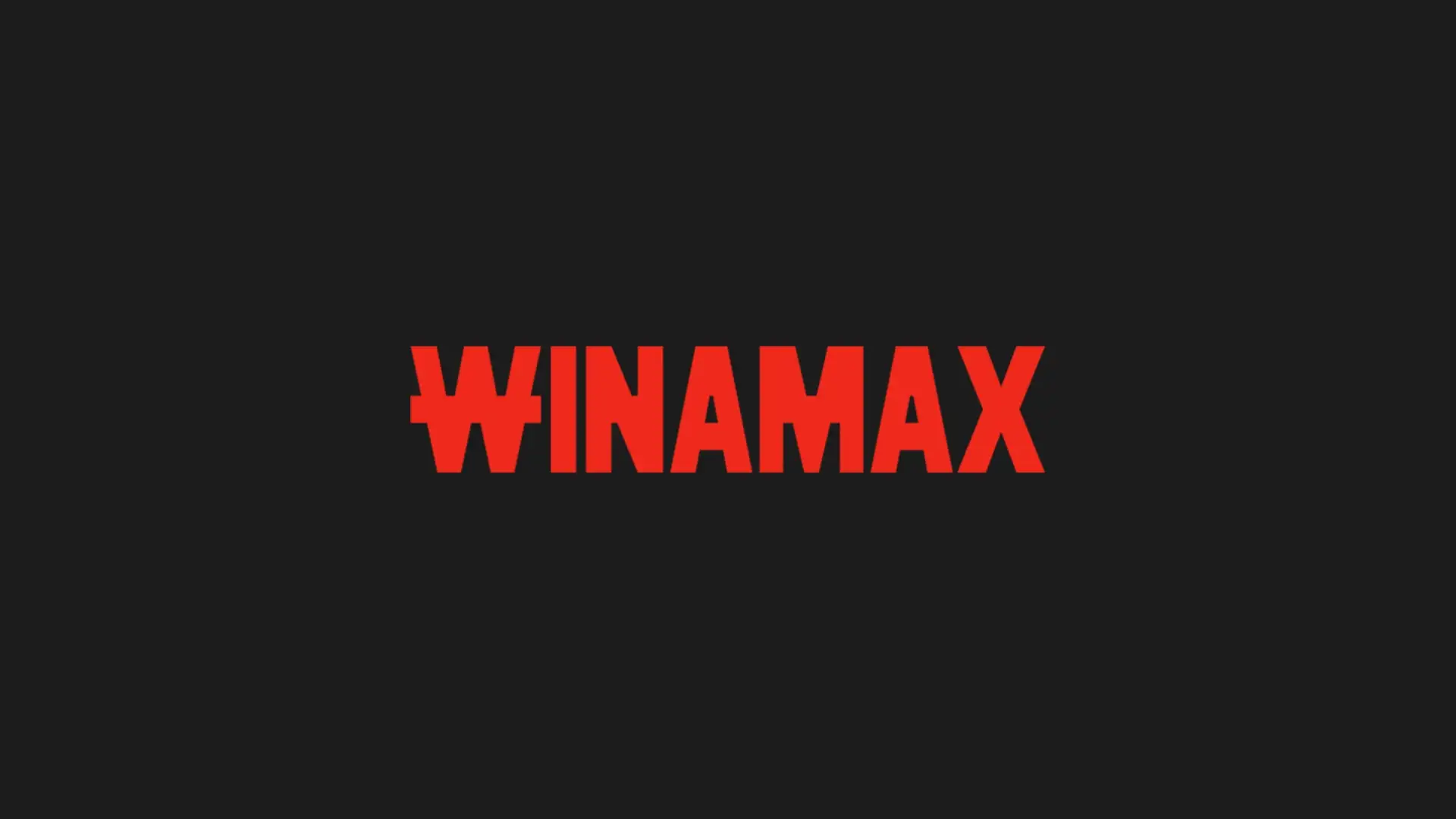Have you ever placed a bet on a soccer match via your smartphone or participated in an online poker tournament? If so, chances are you’re familiar with Winamax. This name has become synonymous with sports betting and online poker in France. But do you really know the story behind this company that has established itself as a major player in digital entertainment? From its modest beginnings to regulatory challenges, through bold marketing innovations, Winamax’s rise reflects the meteoric evolution of the online gambling sector in France. Beyond mere financial results, it’s the story of a French entrepreneurial vision that adapted to legal constraints and transformed an entire market. In this article, dive into the behind-the-scenes of this national success story that continues to attract millions of players and whose influence now extends beyond French borders.
The Origins of Winamax: A Bold Startup (2000-2006)
The Birth of an Innovative Idea
At the turn of the millennium, as the internet bubble was in full swing, a few visionary French entrepreneurs already identified the potential of online gambling. It was in this effervescent context that Winamax was founded in 1999, driven by Alexandre Roos and Christophe Schaming. Initially, the platform was exclusively dedicated to sports betting, offering a digital alternative to traditional physical outlets of La Française des Jeux.
“It was a risky bet at a time when high-speed internet was only available in a minority of French households,” recalls Alexandre Roos, co-founder of the company. The startup established itself in modest offices in Paris and began developing its first online betting interface.
Early Technical and Legal Challenges
Between 2000 and 2003, Winamax faced significant technical challenges. The digital infrastructure required for secure transactions and real-time processing of bets represented a considerable investment. Not to mention the legal ambiguity that surrounded online gambling in France at that time.
During this period, the company primarily operated through licenses obtained abroad, particularly in Malta, while actively advocating for regulation of the sector in France. This legal gray area weakened its development but allowed it to gain valuable experience before the official opening of the French market.
The Online Poker Turning Point
In 2006, Winamax made a strategic decision that would radically transform its destiny: the integration of online poker into its offering. This diversification came at a time when poker was experiencing unprecedented enthusiasm on a global scale, propelled by the media coverage of international tournaments and the “World Series of Poker” effect.
The company launched its poker platform with an approach distinct from its international competitors: financially accessible tournaments, a French interface, and local customer support. This strategy of adaptation to the French market laid the foundations for its future success.
Legalization and the Golden Age (2006-2010)
The Impact of French Legislation
The year 2010 marked a decisive turning point with the adoption of legislation regarding the opening to competition and regulation of the online gambling sector. This long-awaited legislation created ARJEL (which became ANJ in 2020) and finally allowed Winamax to operate legally in French territory.
Patrick Partouche, an expert in the gaming sector, commented at the time: “This law is a revolution for the French market, transforming operators who were previously on the margins into legitimate actors subject to strict regulation.”
Winamax quickly obtained its licensed operator status, which gave it enhanced credibility with the general public and investors. The company could now communicate openly and develop its marketing strategy without legal constraints.
The Explosion of the Player Community
Between 2010 and 2012, Winamax experienced exponential growth in its user base. The number of active accounts increased from a few tens of thousands to more than a million. This explosion can be explained by several factors:
- The media enthusiasm surrounding poker
- The legal security provided by the new legislation
- The high-stakes tournaments organized on the platform
- An innovative marketing strategy centered on community
The company also developed its own Pro Team, recruiting French professional players like Davidi Kitai and Patrick Bruel to represent the brand. These ambassadors contributed significantly to popularizing poker among the general public.
Technological Development and Innovations
This period was also marked by significant technological investments. Winamax successively deployed:
- A mobile application as early as 2011, among the first in the sector
- Social features allowing players to interact
- A sophisticated anti-fraud system ensuring the fairness of games
- Innovative tournament formats such as “Expresso”
These technical advances consolidated Winamax’s position as a technological leader in the sector. By 2012, the company already had more than 150 employees, mainly developers and digital marketing specialists.
Expansion and Diversification (2011-2018)
The Return to Sports Betting
After building its reputation primarily on poker, Winamax made a strategic return to sports betting in 2014. To stand out in this highly competitive sector, the company focused on:
- Attractive odds
- A simplified user interface
- Innovative features like cash-out
- Comprehensive coverage of sporting competitions
This diversification allowed Winamax to capitalize on both major segments of the online gaming market and reduce its dependence on poker, which was beginning to show signs of losing momentum.
Disruptive Marketing Strategies
Between 2014 and 2018, Winamax distinguished itself with memorable advertising campaigns that strongly contributed to its brand image. The “We bet you’re going to win” campaign became emblematic, as did the commercials featuring the character of “Everyday Joe” played by comedian Kev Adams.
The company invested heavily in sports sponsorship, becoming an official partner of football clubs like AS Saint-Étienne and FC Nantes. It also launched the “Winamax Poker Tour,” a series of physical tournaments organized throughout France that attracted thousands of players.
Comparative Table: Evolution of Winamax’s Marketing Investments
| Year | Advertising Budget (M€) | Sports Sponsorship (M€) | Digital Marketing (M€) |
|---|---|---|---|
| 2010 | 5.2 | 1.8 | 2.3 |
| 2014 | 12.7 | 8.5 | 7.2 |
| 2018 | 28.9 | 15.6 | 14.3 |
Cautious Internationalization
Starting in 2016, Winamax began exploring foreign markets, beginning with Spain and then Italy. This internationalization was carried out cautiously, scrupulously respecting local regulatory frameworks.
The international expansion strategy, however, faced strong competition from international giants like PokerStars and Bet365, which were already firmly established. Winamax had to adapt its approach for each market while maintaining its French DNA that makes it unique.
“Our international expansion is methodical and selective,” explained Alexandre Dreyfus, an industry expert, at the time. “We prioritize regulated markets where our technological expertise can make a difference.”
Winamax Today: A Multi-Platform Leader
The Current Business Model
In 2023, Winamax presents a diversified business model based on several revenue streams:
- The rake (commission) collected on poker games
- The margin on sports betting (about 6.5% on average)
- Advertising revenue and partnerships
- Registration fees for special tournaments
With a turnover exceeding 400 million euros, the company has established itself as a major economic player in the French digital sector. It now employs more than 450 people, mainly at its Paris headquarters.
The Winamax Ecosystem: Beyond Gaming
The company has managed to create a true ecosystem around its gaming platform:
- Winamax TV: a streaming channel dedicated to poker events and sports analysis
- Winamax Live: broadcasts of tournaments and sporting events
- RMC Poker Show: a radio program co-produced with RMC
- Blog and social networks: a digital presence followed by hundreds of thousands of fans
This media diversification strengthens user engagement and creates a loyal community around the brand. Winamax’s content strategy is now cited as a case study in digital marketing.
Constant Regulatory Challenges
Despite its success, Winamax continues to face significant regulatory challenges. The National Gaming Authority (ANJ) imposes increasing constraints in terms of:
- Protection of vulnerable players
- Anti-money laundering measures
- Betting limits and self-exclusion
- Responsible advertising communications
The company has had to adapt its processes and tools to comply with these requirements while maintaining its attractiveness to players.
How Winamax Adapts to Regulatory Constraints:
- Implementation of a system to detect at-risk behaviors
- Continuous training of teams on responsible gaming issues
- Development of self-limitation tools for players
- Close collaboration with regulatory authorities
- Transparent communication about addiction risks
Innovations and Future Perspectives
Emerging Technologies in Service of Gaming
Winamax continuously invests in new technologies to enhance the user experience:
- Artificial intelligence: to personalize recommendations and detect problematic behaviors
- Blockchain: experiments to ensure transparency of random draws
- Augmented reality: pilot projects for immersive experiences
- Big data: advanced analysis of gaming behaviors and offer optimization
These technological innovations allow the company to maintain its competitive advantage in a sector where user experience is decisive.
New Frontiers in Poker and Sports Betting
The market is evolving rapidly, and Winamax must constantly anticipate new trends:
- Rise of esports betting
- Development of virtual reality poker
- Potential integration of cryptocurrencies
- Hybrid formats between video games and gambling
“Traditional poker is just the first step in an evolution toward more immersive and social gaming formats,” predicts Nicolas Beraud, an analyst in the online gaming sector.
Social and Environmental Responsibility
Facing growing criticism of the gambling industry, Winamax is strengthening its social responsibility initiatives:
- Certified responsible gaming program
- Partnerships with associations helping problem gamblers
- Diversity and inclusion policy within teams
- Commitments to reduce digital carbon footprint
These approaches aim to reconcile the company’s economic development with growing ethical concerns.
Common Mistakes to Avoid with Winamax
Misunderstanding Legal Limitations
Many users make the mistake of not informing themselves sufficiently about the legal framework of online gambling. It is essential to know that:
- Registration is strictly reserved for adults
- Certain features are not available in all countries
- Winnings are taxable under certain conditions
- Account sharing is strictly prohibited
These rules are in place to protect both players and the operator. Ignoring them can lead to account suspensions or administrative difficulties.
Neglecting Game Budget Management
Another common pitfall concerns financial management. Experts recommend:
- Setting a maximum monthly budget dedicated to gambling
- Using the self-limitation tools offered by the platform
- Never playing with money needed for daily expenses
- Avoiding trying to “recover” after losses
“Gambling should remain entertainment, never a financial solution,” reminds Jean-Michel Costes, a specialist in behavioral addictions.
Underestimating the Complexity of Poker
Many new players underestimate the strategic dimension of online poker:
- Poker is a skill game in the long run
- Learning probabilities is fundamental
- Emotional management (tilt) is crucial
- The constant evolution of strategies requires continuous training
Winamax offers numerous educational resources to help players progress, but many neglect this essential educational dimension.
Everything You Need to Know About Winamax
When was Winamax created?
Winamax was founded in 1999 by Alexandre Roos and Christophe Schaming. The platform initially focused on sports betting before diversifying into online poker in 2006.
Is Winamax legal in the United States?
No, Winamax does not currently operate in the United States. It primarily serves the French market and has expanded to some European countries like Spain and Italy. The company holds licenses from European regulatory authorities but not from U.S. gaming commissions.
What sports can you bet on with Winamax?
Winamax offers betting on more than 20 different sports, including soccer, basketball, tennis, rugby, and increasingly esports. The platform covers major national and international competitions as well as more niche championships.
How does the rake system work in poker?
Rake is the commission collected by Winamax on each poker hand. It typically represents between 2% and 5% of the pot, with a variable cap depending on the stakes being played. This commission constitutes the platform’s main source of revenue for its poker activity.
Who are the main shareholders of Winamax?
Winamax remains majority-owned by its founders and a few historical investors. The company is not publicly traded, which allows it to maintain a long-term strategic vision without the pressure of quarterly financial markets.
Betwiseup Editorial Opinion
The Winamax story perfectly illustrates how a French company managed to establish itself in a sector dominated by Anglo-Saxon players. By combining technological innovation, regulatory adaptation, and intelligent marketing, Winamax has become much more than just an online gaming operator – it’s now a cultural reference that has transformed the relationship of French people with sports betting and poker.
While the future presents considerable challenges – international competition, regulatory developments, ethical concerns – the company has solid assets to continue its development. Its ability to maintain the balance between commercial growth and responsible gaming will be decisive for its sustainability.
Winamax’s journey reminds us that French entrepreneurial success can express itself even in the most innovative and competitive sectors, provided one knows how to continuously adapt and place user experience at the heart of the strategy.




